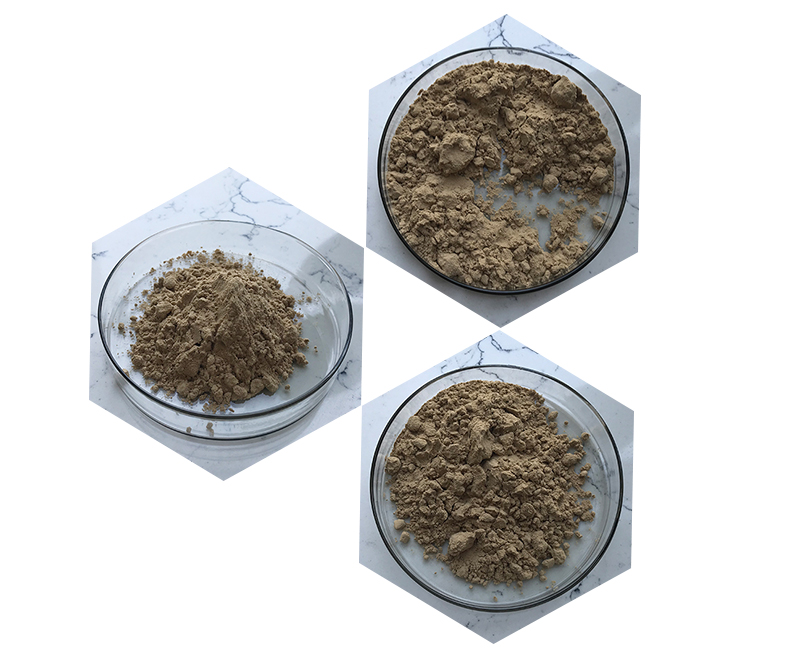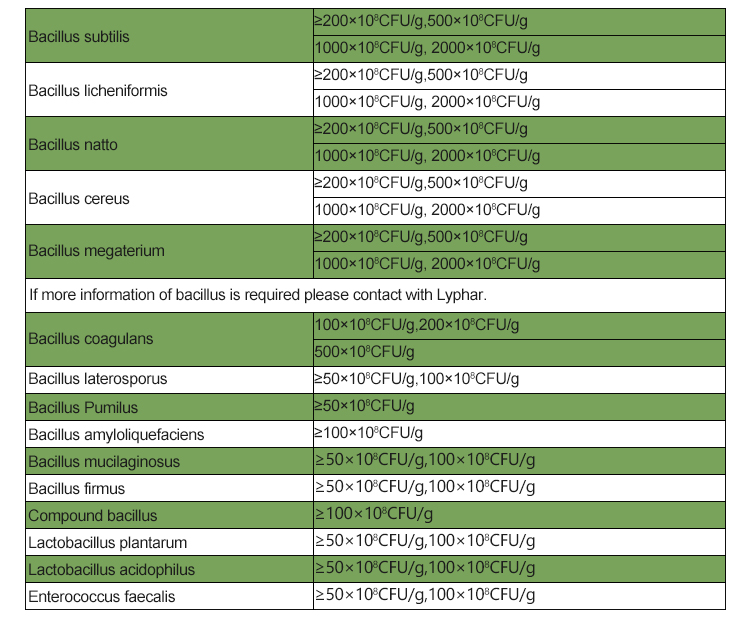Bacillus Thuringiensis (BT) is a naturally occurring soil bacterium that has been used as a biological insecticide for many years. It produces insecticidal proteins known as delta-endotoxins or Cry proteins, which are toxic to various insect larvae but are harmless to humans, animals, and most beneficial insects. Here are the main functions and benefits of Bacillus Thuringiensis:

1.Insect pest control: Bacillus Thuringiensis is primarily used for its insecticidal properties. When ingested by susceptible insect larvae, the Cry proteins bind to receptors in the insect’s gut, leading to pore formation and ultimately causing the insect’s gut cells to lyse or rupture. This results in paralysis, starvation, and death of the pest.
2.Target specificity: One of the significant advantages of Bacillus Thuringiensis over conventional chemical insecticides is its specificity. Different strains of Bacillus Thuringiensis produce different Cry proteins, each of which targets specific groups of insects, such as caterpillars, mosquitoes, or beetles. This specificity minimizes harm to non-target organisms, including beneficial insects, birds, and mammals.
3.Environmental safety: Bacillus Thuringiensis is considered an environmentally friendly alternative to chemical insecticides. It naturally occurs in the soil and has a relatively short persistence in the environment. Once applied, the bacterium eventually breaks down, reducing its impact on the ecosystem.
4.Reduced chemical use: The use of Bacillus Thuringiensis can reduce the need for synthetic chemical insecticides, which can be harmful to the environment, non-target organisms, and human health. By employing Bacillus Thuringiensis, farmers and gardeners can adopt more sustainable pest control practices.

5.Resistance management: Bacillus Thuringiensis-based insecticides can be used as part of an integrated pest management (IPM) strategy to combat insect resistance. Rotating Bacillus Thuringiensis with other control methods helps prevent insects from developing resistance to the Cry proteins.
6.Application flexibility: Bacillus Thuringiensis-based insecticides come in various formulations, including sprays, dusts, granules, and genetically modified crops. This versatility allows for different application methods depending on the target pest and the specific situation.
7.Organic farming: Bacillus Thuringiensis is approved for use in organic farming systems by many certification bodies. Its compatibility with organic practices makes it a valuable tool for organic growers seeking pest control solutions.
8.Public health benefits: Certain strains of Bacillus Thuringiensis are used to control disease-carrying mosquitoes, such as those responsible for transmitting malaria and dengue fever. This helps reduce the incidence of these diseases, particularly in regions where they are prevalent.

Despite these benefits, it’s essential to use Bacillus Thuringiensis responsibly and in accordance with label instructions to maintain its efficacy and minimize potential impacts on non-target organisms. Additionally, monitoring for insect resistance and implementing appropriate management strategies are crucial to ensuring the long-term effectiveness of Bacillus Thuringiensis-based insecticides.
